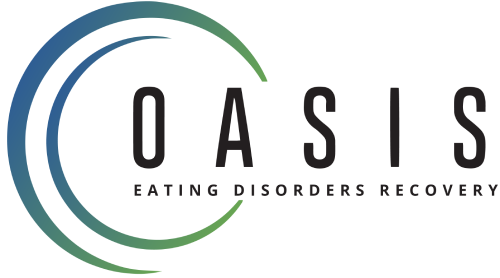According to the National Institute of Mental Health, approximately three to four percent of teenagers and adults are dealing with an eating disorder and don’t receive the help they need. People struggling with mental health issues often don’t get the help they need because the people close to them don’t notice the signs and symptoms they are displaying.
Awareness of eating disorders’ signs and symptoms can help with early detection. Knowing the physical and emotional symptoms can help you or someone you love identify the condition and get help before it progresses to a more severe stage. It is essential to look out for physical and emotional symptoms, as these can be just as serious and, in some cases, even more so.
The longer a person has an eating disorder, the harder it is to treat and the more likely they are to relapse. In addition, the more serious the physical and psychological damage may be. It is possible to prevent a serious eating disorder from developing if the signs are noticed and acted upon quickly.
Symptoms of a Potential Eating Disorder
It is possible that someone may be having difficulty with their relationship to food and body image even if they don’t display obvious signs of an eating disorder. More subtle indications may indicate someone is struggling, and it’s important to be aware of these. If someone is exhibiting any of these signs, it is important to pay attention and offer support:
- Weight changes: People with eating disorders may experience dramatic weight loss or gain. Extreme thinness or obesity can be signs of an eating disorder.
- Changes in eating habits: People with eating disorders often engage in extreme dieting, fasting, or binge eating. They may also restrict the types of foods they eat or become obsessed with calorie counting.
- Preoccupation with food and body image: People with eating disorders may become fixated on food and their body image. They may obsess over their weight, body shape, and food intake and become extremely critical of themselves.
- Extreme dieting or exercise: People with eating disorders may use extreme dieting or exercise to control their weight. They may become overly restrictive with their diets or exercise excessively.
- Mood changes: People with eating disorders may experience changes in their mood, such as feelings of guilt, shame, anxiety, or depression. They may also become isolated or withdrawn.
- Changes in behavior: People with eating disorders may display behaviors such as avoiding meals, hiding food, or hoarding food. They may also exhibit signs of obsessive-compulsive behavior.
If you or someone you know is exhibiting any of these signs, it is crucial to seek professional help. Eating disorders can be severe and have long-term effects on physical and mental health. Treatment for an eating disorder may include therapy, medication, and nutritional counseling.
Final Thoughts
Checking the person’s environment and life may give clues to whether or not they are having difficulty. It is important to look out for signs of stress, such as changes in the family, personal trauma, or bullying. Additionally, it is essential to check if the person is feeling anxious about school or grades.
If you have a genetic tendency to develop an eating disorder, it is vital to be aware of the potential triggers that could set off the condition. Stress, anxiety, and trauma are things to be mindful of and look out for, as they can lead to an eating disorder developing.
If you are worried that someone close to you may be struggling with an eating disorder or body image issues, educate yourself on these topics by reading reliable sources. Seek guidance from a healthcare professional like a doctor, a pediatrician, or a therapist.
For help with eating disorder recovery, turn to Oasis Eating Disorders Recovery. We understand that living with an eating disorder takes a toll on the individual and their friends and family. We offer support, compassion, and hope as you navigate the recovery journey. Our program is designed to help restore the individual’s health and wellness so they can get back to living a fulfilling, meaningful life. Get in touch.

